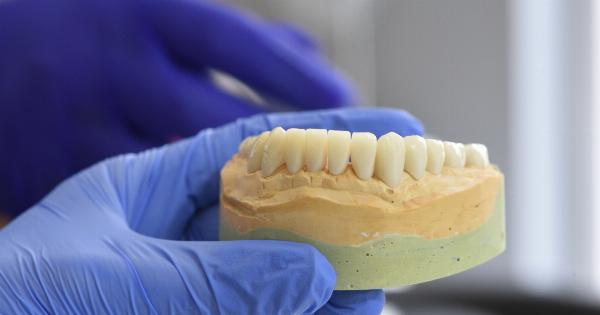Many people suffer from jaw-related health issues that affect their quality of life. Jaw surgeries can help remedy these problems, but they can also be expensive.
Fortunately, some medical insurance companies cover 100% of the costs of jaw surgeries under specific conditions. This article will explore the different jaw conditions that may require surgery and the insurance plans that offer full coverage.
Types of Jaw Surgeries
There are several types of jaw surgeries, and each is designed to treat a particular condition. Let us look at some of the most commonly performed jaw surgeries.
Orthognathic Surgery
Orthognathic surgery is a procedure that helps correct skeletal abnormalities in the jaw, such as an underbite, overbite, or open bite. This surgery helps to improve a patient’s bite, speech, and breathing.
The cost of this procedure ranges from $20,000 to $40,000.
Temporomandibular Joint (TMJ) Surgery
TMJ Surgery is done to fix your TMJ Disorder problems. Discomfort or pain in the jaw is generally the result of injuries or tears to the jaw joint. This surgical procedure would cost about $5,000 to $15,000 depending on the complexity of the condition.
Corrective Jaw Surgery for Sleep Apnea
Corrective Jaw Surgery might be an option for those patients who have Sleep Apnea and their Sleep Apnea problems arise from problems related to their jaw bone structure. This surgery would be costing around $20,000 to $40,000.
Insurance Coverage for Jaw Surgeries
The cost of jaw surgery ranges from $5,000 to $40,000, depending on the procedure and the surgeon’s fees. Not everyone can afford these costs, which is why medical insurance companies offer coverage for most jaw surgeries.
Medicaid, Medicare, and some health insurance plans offer 100% coverage for jaw surgeries under specific conditions.
The coverage may be limited to specific procedures, so it’s essential to confirm with your insurance provider the extent of the coverage before proceeding with surgery. Coverages may vary depending on the country you reside in and the policies l subscribed to.
Qualifying for 100% Jaw Surgery Coverage
Usually, to qualify for insurance coverage for jaw surgeries, the patient must meet specific criteria. These may include:.
- The patient has difficulty eating, chewing, or swallowing.
- The patient has obstructive sleep apnea.
- The patient has jaw pain that impairs daily activities.
- The patient is experiencing pain or discomfort in the jaw while speaking or opening the mouth.
If a patient meets any of these criteria, they may be eligible for insurance coverage for jaw surgeries. The patient must provide medical documentation and images, including radiographs or CT scans, to support the coverage claim before the surgery.
Treatment plans should also have full information regarding the procedure for easier processing of the claim.
The Bottom Line
Jaw surgeries can be expensive. However, many insurance providers offer coverage for most jaw surgeries.
Patients should consider purchasing health insurance that covers all or most of the costs of jaw surgery to eliminate financial barriers that can prevent them from receiving necessary treatment. They can also ask their Oral surgeons or Doctors for information on the qualifying criteria for 100% coverage.





























